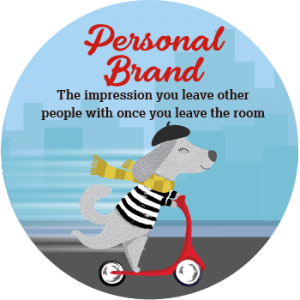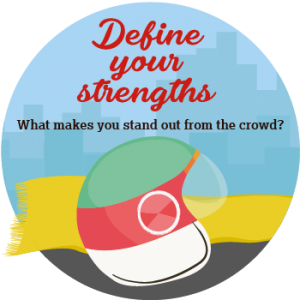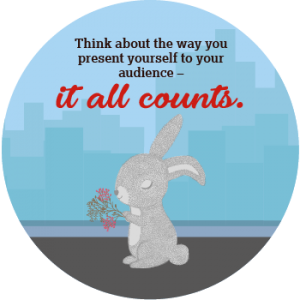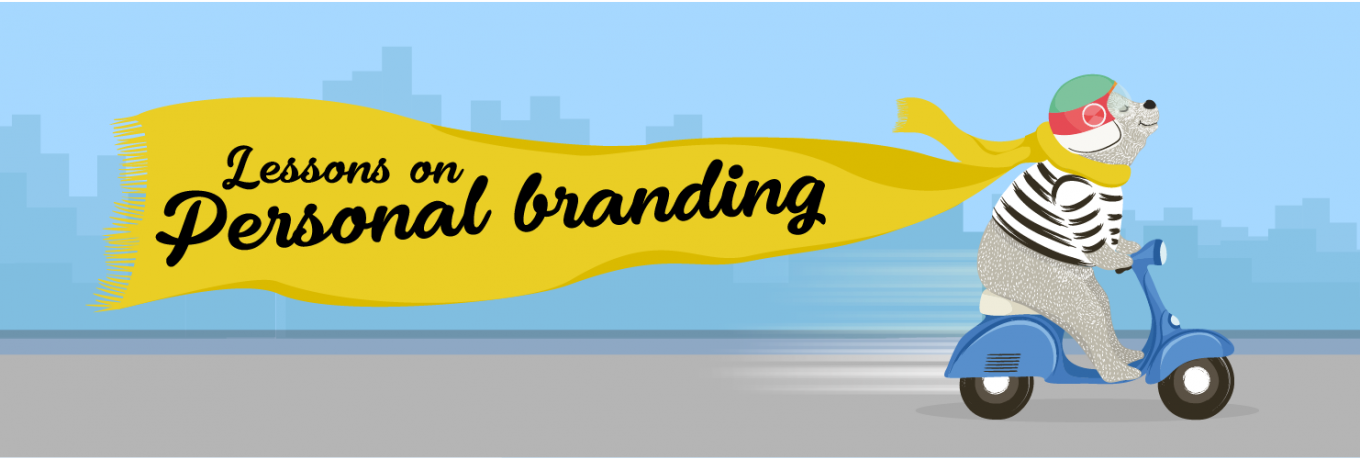Whether we’re in-house or freelance, consultant or agency, our personal brand tells comms colleagues and clients, friends and family who we are and what we stand for.
You may be actively working on your brand right now, or maybe you’re curious about how to cultivate it. Perhaps you’ve no idea where to begin and you’d like to find out more…
The good news is that it needn’t be another complicated task in your endless to-do list. Defining your personal brand can be broken down into stages, and you can focus on each stage for as little or as long as you like.

Shining comms star, Advita Patel (pictured) has written for us today, sharing her own experience of personal branding and letting us in on her five top tips to help us all to refine the way we present ourselves.
Over to you, Advita.
Personal branding has been gaining momentum for several years but it’s still an area that not many people seem to prioritise or truly understand.
Before we dive in on what personal branding is, we need to consider the basics of what a brand is.
If you think about your favourite product, what comes to your mind first? It’s highly likely you’ll think about the packaging, it’s attributes and how it makes you feel. However, most importantly it’s the stories that people tell about the brand to each other that matter the most. This is something the brand owner has no control over, they can certainly have fancy advertising campaigns to help create an impression but ultimately the stories you share about that brand is completely up to you – whether they’re good or bad.
This also applies to your personal brand and here’s my simple definition:
The impression you leave other people with once you’ve left the room or the conversation.
So why bother with your personal brand and why should you care?
There’s a lot of research out there presenting evidence on the benefits of establishing your personal brand but basically if you’re looking for a new job, want to get a promotion, set-up a new business, grow your client base or get some industry recognition – then this is something you need to invest some time in.
If you’ve not given it much thought before, the good news is that it’s never too late to start working on your brand, regardless of where you are in your life or career.
1) Define your USP (Unique Selling Point)
What strengths do you have that make you stand out from the rest of the crowd? What are your values and why are they so important to you? Think about your passions and why you enjoy doing them.
Ask your friends, family and colleagues to write 5 things they think are your strengths and why. This small task will help define who you are and what inspires/motivates you to keep on moving. 
2) Discover your improvement areas
As well as your strengths you need to be aware of your development areas. Again ask your friends, colleagues, peers, leaders to list some. It’s really important you remain open-minded during this activity and don’t take the feedback to heart. It’s for your own development and you need to remain receptive if you want to move forward.
3) Develop your personal image
Once you’ve narrowed down your list of values/strengths and areas of development – you need to start thinking about your personal image. What do you want people to see your brand as? How do you want to be perceived? A really strong brand can have a great ROI (return on investment) so it’s important to dedicate some time to this. One key thing to remember when you’re developing your personal image is that you remain consistent. You can’t be one personality online and then someone completely different when people meet you in real life. It’s confusing and can weaken your brand.
4) Start building your brand
Just like a new product, you need to start building your brand. Think about your social media presence? Does it represent you as a brand? Check your security settings for any info you’re not comfortable sharing more widely, but remember, no matter how secure your social media is there is a chance it can be leaked, so if you’re not confident, don’t post it. 
Also think about the way you present yourself in person –– from are your nails clean to how do you stand when you’re presenting – it’s the simple things that matter.
5) Be yourself and authentic
This is critical. The whole point of a personal brand is to enhance the person that you are and to showcase your fabulous strengths. Don’t try to be someone you’re not, it’ll come across as fake and can damage your brand plus it’ll be exhausting for you. If you truly feel uncomfortable doing something then don’t do it. Don’t follow the crowd, do something that makes you stand out and emphasises who you are – ultimately that’s your personal brand!
There are many books out there that you can reach for if you’re looking for more help on personal branding, one I loved and found helpful was Reinventing You by Dorrie Clark.
















